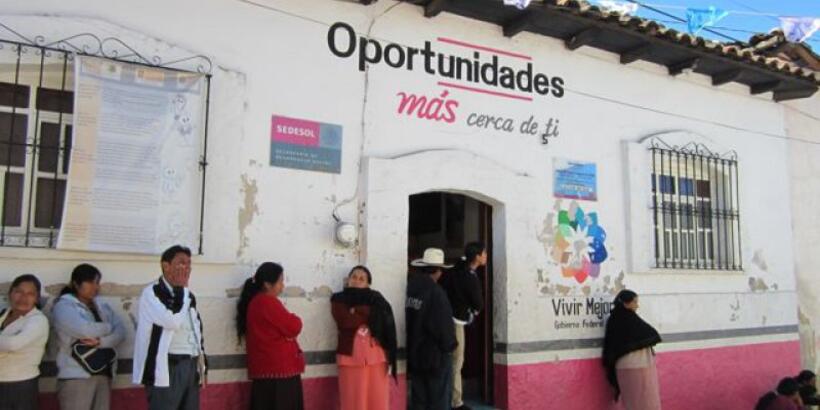

Researchers
One of the greatest challenges for development is to sort out political incentives that adversely affect poverty-relief targeting. Political agents often take opportunistic advantage of poverty-alleviation funds by redirecting money, jobs and other benefits toward supporters and away from opponents, and diverting government resources for personal and political gain.
This project has produced a book manuscript that presents a systematic quantitative and qualitative evaluation of the effectiveness of various anti-poverty programs in Mexico from the late 1980s to the present. The real challenge of poverty relief is not to figure out technical solutions to common concerns, but to sort out the political process such that incentives to aid the poor arise among politicians and their agents in the bureaucracy. The book demonstrates that effective poverty reduction arises only when social programs limit the ability of politicians to manipulate transfers for electoral reasons, and when bureaucratic agents are forced to target government transfers to the poorest citizens.
The book manuscript, co-authored by Alberto Diaz-Cayeros and Federico Estevez, analyzes political configurations that are more adept at combating poverty. The analysis comes from a systematic study of the political economy of anti-poverty policies in Mexico over the past 25 years. One important transformation in Mexico during this period was a reduction in clientelistic practices in social programs due to more transparency and decentralization in the administration of these programs and a focus on technical measures to identify beneficiaries according to need. By using a wide range of data and methods to analyze the political logic and effects of a wide range of social transfers, the authors demonstrate that the poor are significantly better off under the new welfare regime than under the previous system.
Publications
Contact
Beatriz MagaloniEvents
Political Clientelism, Social Policy, and the Quality of Democracy: Evidence from Latin America, Lessons from other Regions
9:00 AM - 5:00 PM (Pacific)
